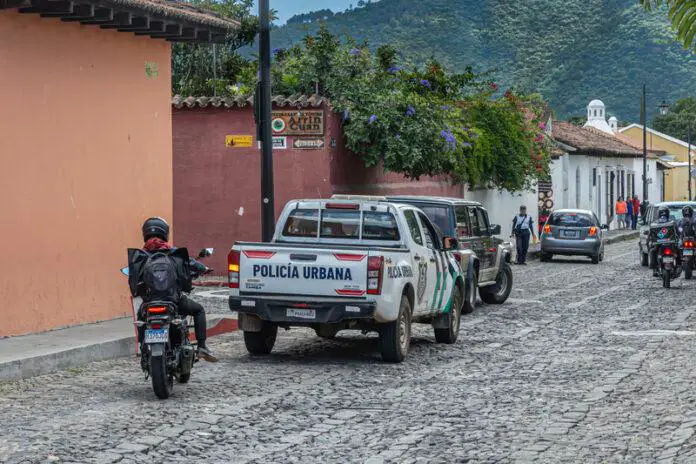José Domingo, a lawyer recognized for his work in advocating for the rights of rural laborers and Indigenous groups, was killed in a premeditated attack south of Guatemala City, Guatemala.
According to Daniel Pascual, a leader of the United Farmworkers Committee, Domingo and two committee members were waylaid by armed men and fired upon on Wednesday, June 5, 2024.
Domingo was primarily involved in legalizing land titles for marginalized communities, a crucial issue in Guatemala’s rural areas where land possession is a contentious issue and Indigenous people often confront illegal evictions. Pascual stressed the severity of the incident, stating, “It was an ambush. The crime was planned and premeditated. Common criminals don’t act that way.” This statement underscores the targeted nature of the attack, hinting at political motivations.
The attack also injured the two farm workers accompanying Domingo, one of them seriously. The event highlights the perilous environment for those advocating for land rights in Guatemala. Pascual underscored Domingo’s vital role in defending farmworkers against evictions and securing land titles, adding, “We can’t separate this attack from politics because the two men who were with him are committee members.”
Domingo’s death is a significant setback to human rights defenders in Guatemala, a country marked by deep-rooted land disputes and continued violence. The United Nations Human Rights Office and the Council of the Wuxhtaj Peoples, which described Domingo as a protector of Mother Earth and a Popti or Jakalteko tribe member, have called for a swift and unbiased investigation into the attack.
Land rights disputes often lead to violent confrontations in Guatemala, one of the most dangerous countries for environmental and human rights advocates. In recent years, numerous activists have been threatened, harassed, and subjected to violence. These advocates, like Domingo, labor tirelessly to safeguard their communities’ rights in the face of political and economic interests eager to exploit the land.
The struggle for land rights is tied to a broader historical conflict. Since the Spanish arrival in the 16th century, Indigenous populations have been systematically deprived of their lands. The 1996 peace agreement that concluded Guatemala’s 36-year civil war promised land redistribution, but the process has been slow and met with opposition from influential landowners.
Global human rights organizations have called for increased international focus on the crisis in Guatemala, emphasizing the need to stop evictions and violence against land defenders, ensure justice for those criminalized for defending human rights, and halt large-scale agribusiness ventures in Indigenous territories.
The murder of José Domingo underscores the risks faced by those championing justice in Guatemala. His dedication to defending vulnerable communities against powerful forces underscores the pressing need for protection and support for human rights advocates in the region.

